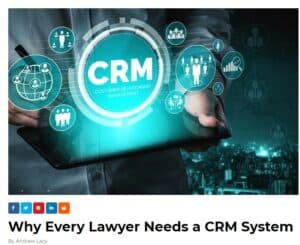Workplace bullying is certainly problematic. And bullying bosses are even worse as they have power and control over your life. These supervisors continually wield their power and abuse it as recent studies have shown that workplace bullying has risen.
Bullying has fueled a number of employment-related complaints. “Workplace bullying” encompasses a range of different behaviors, including but not limited to:
- Unwarranted and unduly harsh criticism;
- Screaming or yelling at coworkers;
- Manipulating team members by withholding resources or failing to provide key information;
- Running someone’s reputation by talking about someone’s appearance, work performance, or other characteristics behind their back;
- Harsh jokes intended to embarrass the target and tank job performance;
- MIcromaning to the point that the target’s job becomes unbearable.
- Preventing opportunities for promotion.
- Sexual harassment;
The above behaviors define workplace bullying. And these bullying behaviors can stifle team collaboration, productivity, and cost employers money. But is it illegal?
As of right now, bullying is not technically illegal. There is no private cause of action for bullying. As such, a bullying claim must be couched as either a discrimination claim or a hostile work environment claim.
Bullies often target those different than themselves, including those who are of another gender, age, religious affiliation, political affiliation, sexual orientation, culture, ethnicity, or nation of origin.
Although bullying is technically not illegal, employment laws may still provide protection.
Oftentimes, bullying behavior is actionable and redress can be obtained by filing a charge or claim with the Equal Employment Opportunity Commission (EEOC).
Can you sue your employer for unfair treatment?
Workers can their your boss, manager, or supervisor for unfair treatment if the treatment violates an employment law. The most common employment laws to sue under are the anti-discrimination laws.
The Civil Rights Act of 1964 created sweeping anti-discrimination laws. Title VII of the Civil Rights Act of 1964, and other accompanying laws, prohibits discrimination and harassment based on:
- Gender
- Race
- Religion
- Ethnicity
- Age
- Disability
- Marital status
- Pregnancy
- Genetic information
- Gender identity
If workplace bullying rises to the level of discrimination or harassment under Title VII, then employees will have a case against their employers.
In addition, you may have recourse through certain common-law causes of action, including a claim for breach of contract (if you have an employment contract), libel, negligent, intentional, or reckless infliction of emotional distress, and defamation.
These common law causes of action, which is defined as judge-made law, may prove harder to prove than those protected than claims under the employment law statutes. For example, in libel and defamation claims, truth is a defense.
Thus, if a bully disparaged a target’s job performance to other colleagues, but it was true that the employee was indeed a poor worker, the target would likely lose on those claims.
Bullying bosses exhibit extreme and often sociopathic behavior in their management style. This behavior can cause depression, anxiety, and other mental health illnesses amongst employees, which creates a hostile work environment.
With the advent of e-mail communication and other technological advances, including slack, skype, webcams, social media, instant messaging, and other communication platforms, traditional bullying has taken the form of cyberbullying.
A legal claim in this context might be characterized as a lawsuit for cyberbullying.
What Creates a Hostile Work Environment?
The federal government has not specifically outlined a statute to provide a cause of action for bullying at work.
But an experienced employment attorney may be able to determine whether you have a case under other employment laws.
If you or a coworker are being subject to workplace bullying, you could also consider reporting it. If the bullying does constitute protected discrimination, then you might have a claim for harassment.
Unlike discrimination claims, workplace harassment claims do not require an adverse action.
An adverse action occurs where there was some material change to your employment. This might include firing, termination, demotion, or reassignment of your job duties.
But in workplace harassment claims, the abusive conduct might result in an adverse action. Or even positive employment benefits.
An example of an employment benefit would include workplace bullying victims into trading sexual favors for a promotion. This is called quid pro quo.
When a harassment claim does not involve a tangible employment action, we call this a hostile work environment claim. A hostile work environment claim is based on the following elements:
- based on the victim’s protected characteristic
- offensive
- unwelcome, and
- severe or pervasive enough to affect the terms and conditions of the victim’s employment.
To win a harassment lawsuit, you’ll have to prove each of these elements in court. Workplace bullying is not far off from legal harassment.
You should remember to consider the severity and prevasiveness of workplace bullying. The more often the bullying occurs, the less severe the abusive conduct need be.
The more severe the bullying conduct, the less often it must occur.
How do you Prove a Toxic Work Environment?
Proving that your work environment is toxic involves necessitates proving that your work environment was hostile.
There are some incidents of harassment that are so toxic that courts recognize harassment based on a single incident.
The example that comes to mind is sexual assault. A single instance of sexual assault usually is enough to prove a hostile work environment.
Bullying, however, usually does not involve assault. It involves name-calling, harsh criticism, prevention, spreading rumors, etc.
In this case, you would mostly have to prove that the bullying was based on your inclusion in a protected class and that the bullying was severe and pervasive.
There are some elements, but these are the ones to note. White males will have the hardest time proving inclusion in a protected class.
But there are some avenues. Age, sexual orientation, same-sex harassment all come to mind.
The important point for everyone is proving that bullying coworkers targeted a specific group or person more than others.
Next, you will have to show that the conduct was severe or pervasive.
This is usually where hostile work environment claims fail. Severe means that the conduct was extreme (like sexual assault). Pervasive means that the conduct occurred less often.
The more severe the bullying, the less pervasive it need be. The reverse is also true.
Courts generally consider name-calling to be petty slights. You would likely have to show that this happened often.
If it happened every day for a year, you would likely be able to prove that the work environment was toxic.
But it only happened once a year, you probably will not prove your case.
How do you Win a Lawsuit Against Your Employer?
Winning a lawsuit against your employer based on a claim of workplace bullying is tough. Large companies can normally afford very good lawyers.
And the law is not quite on your side. You are likely going to have to claim your bullying claim is a hostile work environment case.
But, even though it’s an uphill battle, you still can win. A good attorney will gather facts and evidence to prove your case.
We will take depositions. That means asking witnesses questions under oath. Luckily, bosses who bully their employees tend to be horrible witnesses.
It’s not uncommon for us to catch these employees in a lie. They might contradict their testimony at trial. These are all good things for us.
Further, you should know that over 90% of cases settle. This means that both employer and employee agree to end the case in exchange for the employer paying the employee money.
Even if we would not “win” at trial, we still can get you compensated for what you have gone through.
Conclusion
Workplace bullying is good for no one. It will affect your work. It decimates morale. And it decreases productivity in the company.
Even if it technically is not its own legal action, there are still things you can do. Are you being bullied at work? Will you do something to stop the problem? An employment law attorney can help.
Give our law firm a call if you want to prevent your bullying coworker from doing this to you or anyone else.
You can also contact the workplace bullying institute, which has excellent resources to help you deal with workplace bullying. There are other organizations that can help as well
If you do need us to assist, we are here for you in Philadelphia, Pittsburgh, and all of Pennsylvania.

















